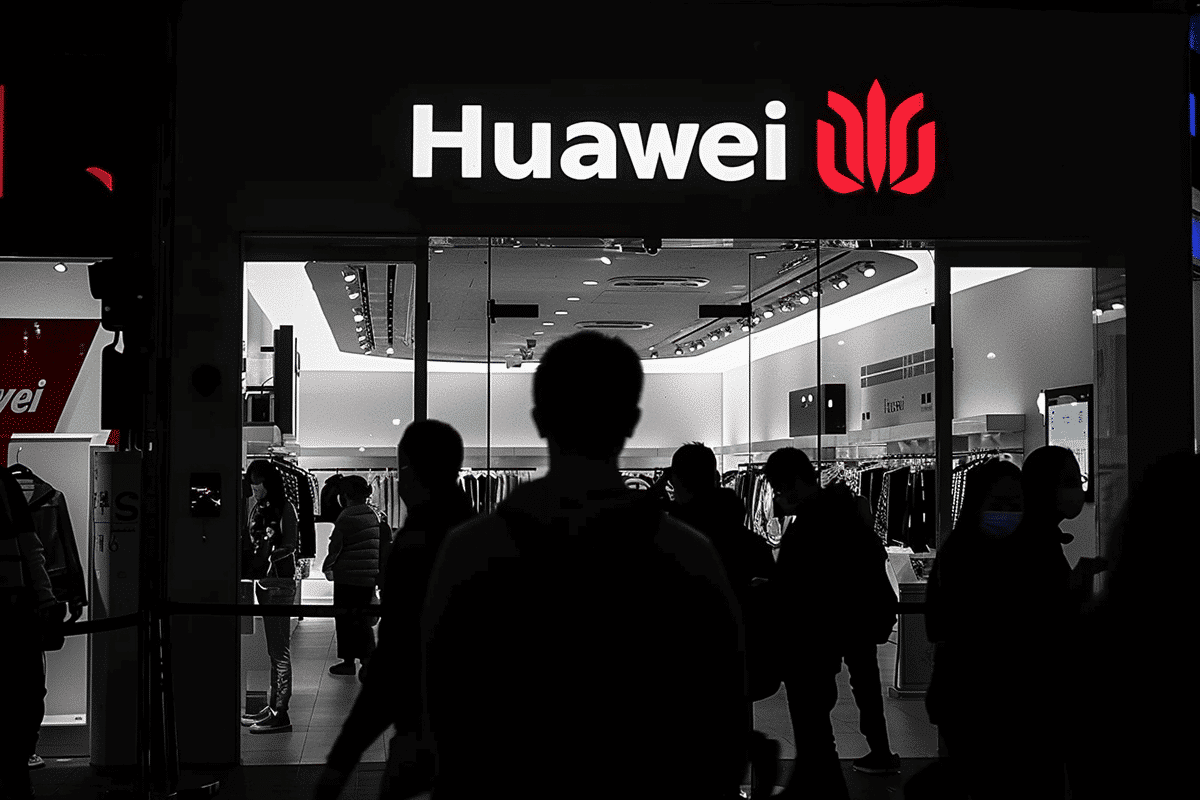Germany has announced plans to phase out components made by China’s Huawei and ZTE from its 5G wireless network over the next five years. This significant move is expected to further strain Germany’s already delicate relationship with China, the world’s second-largest economy. Mobile network operators such as Vodafone, Deutsche Telekom, and Telefonica have agreed to remove these components from their 5G core networks by the end of 2026.
The phase-out plan will also extend to the physical parts of the 5G network, including transmission lines and towers. By the end of 2029, these components must be purged from the access and transport networks. This comprehensive removal is part of Germany’s strategy to safeguard its telecommunications infrastructure from potential security risks.
Interior Minister Nancy Faeser highlighted the critical nature of this initiative, noting the importance of protecting Germany’s communication systems for its citizens, companies, and the state. The German government emphasized the need for secure and resilient telecommunications infrastructure to prevent sabotage and espionage. To mitigate security vulnerabilities and dependencies, Germany plans to rely on trustworthy manufacturers moving forward.
Huawei responded to this decision by asserting that there is no specific evidence or scenario indicating that its technology poses cybersecurity risks. The company expressed its intention to continue cooperating with customers and partners in a constructive manner, aiming to promote cybersecurity improvements and support the digitalization of mobile networks in Germany. However, ZTE did not provide a comment on the matter.
This decision could exacerbate tensions between Germany and China, its largest trading partner. Recently, Germany blocked the sale of a Volkswagen subsidiary to a Chinese state-owned company on national security grounds, which drew a strong rebuke from Beijing. Additionally, China is currently engaged in a trade dispute with the European Union, which increased tariffs on Chinese electric cars last month. A spokesperson for China’s Ministry of Foreign Affairs criticized the politicization of economic, trade, and technological issues, suggesting it would only disrupt normal technological exchanges.
Germany’s stance on Huawei and ZTE has been slow to develop compared to other major economies. The United States, United Kingdom, Australia, and Japan have already banned Huawei from building their 5G networks due to concerns that Beijing could use Chinese tech companies for espionage. The US placed Huawei on a trade restriction list in 2019, complicating the company’s ability to procure semiconductor chips from American suppliers. These restrictions were further tightened earlier this year.
Huawei’s annual report indicates that Europe, the Middle East, and Africa accounted for 21% of its revenue last year. This phase-out in Germany could potentially impact Huawei’s market share in the region, as the country has been a significant player in the telecommunications sector.
The German government’s move is seen as a proactive measure to enhance national security and reduce dependency on foreign technology that could be compromised. This decision aligns with a broader global trend of scrutinizing and regulating the involvement of Chinese companies in critical infrastructure projects.
As Germany progresses with this phase-out, the telecommunications industry will undergo significant changes. Mobile network operators will need to find alternative suppliers for their 5G infrastructure, ensuring that the transition is smooth and does not disrupt services. The German government is expected to support these efforts to maintain the integrity and reliability of its telecommunications network.
Germany’s plan to eliminate Huawei and ZTE components from its 5G network marks a decisive step in protecting national security and fostering a secure telecommunications infrastructure. While this move may strain relations with China, it underscores the importance of safeguarding critical infrastructure from potential threats and ensuring the reliability of communication systems for the future.




